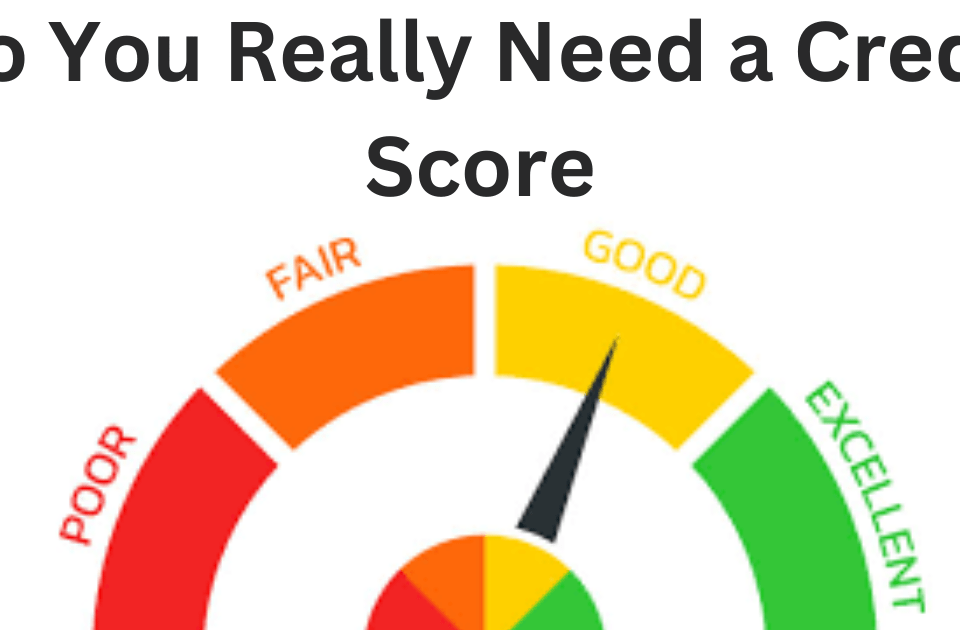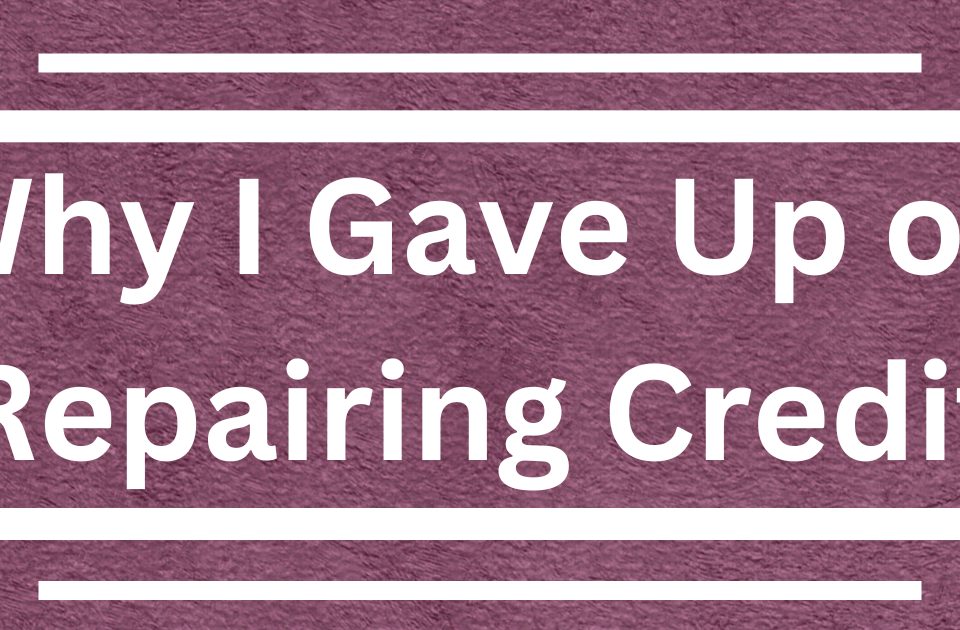When Does the Government Garnish Wages?

What are Buy Here Pay Here Auto Loans?
June 22, 2021
How Do Contactless Credit Cards Work?
August 17, 2021When Does the Government Garnish Wages?
The IRS is the government agency authorized to seize or levy your property if you owe them for back taxes. One particular kind of levy is none other than garnishment of employment wages every week. But, before the IRS can start taking a part of your salary, it needs to follow specific guidelines. Understanding the garnishment rules implemented by the IRS can help you prepare for garnishment or let you dispute and prevent it.
Procedures of the IRS Before Garnishment
After the IRS has evaluated your tax, in general, you will get a notice as well as a Demand for Payment of the due amount. When this invoice remains unpaid, there will come a point when you will receive a Notice of Your Right to a Hearing and a Final Notice of Intent to Levy.
The last two documents should be sent at least 30 days prior to the IRS starting the wage garnishment. Before it gets to this point, it is a must to get in touch with the IRS and try to resolve the problem, probably through a submission of a request for getting on a payment plan.
How Does Wage Garnishment Happen?
A garnishment is one form of judicial mechanism that tells a bank or an employer to direct or withhold a third party’s finances to go into the court’s trust. For things to get to this point, a judgment must be made against the person concerned. This judgment will simply state the plaintiff’s right to get the money.
Your wages cannot be garnished if there is no garnishment order. But, this is only the case if the agency after your money is not part of the government. For example, if you still have some student loans that were left unpaid, the Department of Education can garnish as much as 15% of your paycheck with no need to take you first to court.
While the IRS won’t take you to court, warnings will be sent ahead of time, including a notice through certified mail of your right to the hearing of Collection Due Process that indicates that it is likely for garnishment to happen, typically within 30 days of notice date. While the exact timing when the government might garnish wages is unexpected, once this happens, there is a chance that it is not an event you will see coming.
Top Reasons Why the Government Garnishes Wages
Your wages might be subject to garnishment if you fail to pay your financial obligations. There is no need for court order for garnishment for payments of federal student loans, unpaid income taxes, or child support. Garnishment for different consumer debts including medical bills or credit cards will require a court order. There are also states where these types of consumer debts are not even subject to a wage garnishment in the first place.
The Bottom Line
Remember that the laws of each state on court judgments for wage garnishments may vary and there are states that don’t even allow it. Be sure to work with your creditor to prevent the problem and resolve your debt way before it is taken to court.




